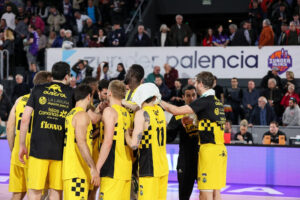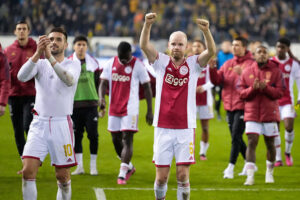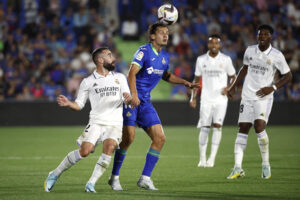Last year, Formula 1 discussed the possibility of experimenting in the competition weekend format with some reverse grid races on Saturdays, this as an attempt to improve the spectacle at certain venues.
However, the plans did not get the full support of the teams, and Mercedes, in particular, opposed the proposal because such a move would have left its drivers Lewis Hamilton and Valtteri Bottas fighting from the rear.
Although the idea was expected to be resubmitted to teams for another vote this year, with a new governance structure that no longer required unanimous support, that plan is no longer on the table.
Stefano Domenicali, the new CEO of the category, has confirmed that although the F1 you need to be open to new ideas to keep and attract fans, you are clear that reverse grills are not an option.
Asked Thursday by Motorsport.com About his opinion on the matter during a round with selected media, the manager said: “The idea of the reverse grid is over. That is something I can comment on.”
“It is important to think perhaps of new ideas to be more attractive or interesting, but we do not have to lose the traditional approach to racing.”
“I think what we learned when we changed the qualifying format every other day and it was something that burned our fingers. We have to avoid that, and I think now the format is quite stable.”
Although he ruled out any possibility of inverted grid racing, Domenicali said F1 was considering testing a format of carrera sprint on Saturdays to see if it could work.
“What we are studying is what could be the approach of the so-called sprint race on Saturday,” he explained. “We are thinking about whether this could be tested already this year. There are ongoing discussions with the teams on the right ground, and I think maybe this could be the only element that could be interesting.
Domenicali also suggests that F1 should try to think of some format that better shows the new drivers, who are left without many opportunities to be on track with limited testing.
“We have to get back to paying attention to the rookies, the real rookies,” he said. “Today we have less testing, so we need to create opportunities for them to be on track, not just in free practice as is already written in the regulations.”
“Maybe we can create good events, highlighting the fact that we have to focus on the rookies. We have a good number of young drivers already in Formula 1, but we cannot stop that flow from continuing.”











